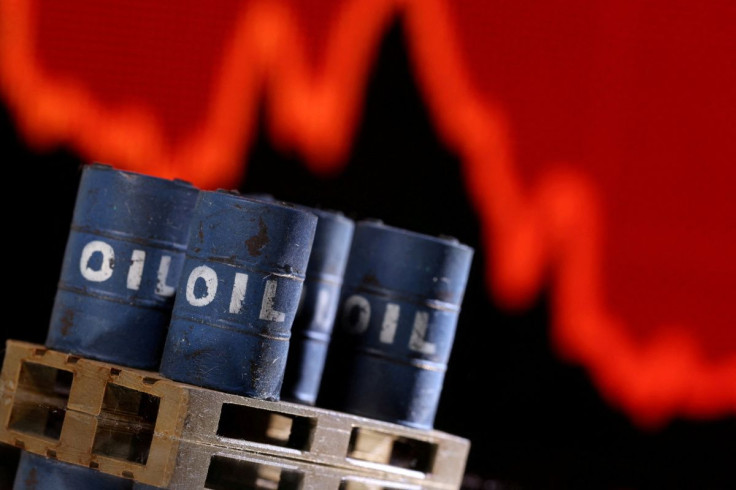U.S. Not Expecting Saudi Arabia To Immediately Boost Oil Output

The United States does not expect Saudi Arabia to immediately boost oil output and awaits the outcome of an OPEC+ meeting on Aug. 3, the U.S. national security adviser said on Friday, lowering expectations as U.S. President Joe Biden visits the kingdom.
"I don't think you should expect a particular announcement here bilaterally because we believe any further action taken to ensure that there is sufficient energy to protect the health of the global economy, it will be done in the context of OPEC+," Jake Sullivan said.
Earlier on Friday, a U.S. official had also told Reuters that Washington was not expecting any immediate output rise as a result of the visit.
Biden landed in Jeddah on Friday on a trip that is designed to reset the U.S. relationship with the kingdom and during which energy supply, human rights and security cooperation are on the agenda.
The U.S. could secure a commitment that OPEC+ will boost production in the months ahead, which could send a signal to the market that supplies are coming if necessary.
Saudi Arabia, alongside the United Arab Emirates, holds the bulk of spare capacity within the OPEC+ group, an alliance between the Organization of the Petroleum Exporting Countries and other exporters, notably Russia.
Soon after his landing, Biden met and shook hands with the Saudi king and held a meeting with Crown Prince Mohammed bin Salman and other ministers, including energy minister Prince Abdulaziz bin Salman.
But the kingdom has repeatedly indicated it would not act unilaterally.
OIL AROUND $100
Brent crude prices are trading around $100 a barrel, having fallen from a 14-year high of $139.13 in March as investors weigh the impact on demand of COVID-19 lockdowns in top importer China and recession fears.
"Saudi Arabia prefers to manage the market through the Organization of the Petroleum Exporting Countries and allied producers (OPEC+), not through unilateral moves," Ben Cahill, a senior fellow at the Center for Strategic and International Studies, wrote in an analyst note.
"Saudi energy minister Abdulaziz bin Salman has consistently emphasized the importance of OPEC+ cohesion, including a central role for Russia," he said.
Anwar Gargash, diplomatic advisor to UAE President Sheikh Mohammed bin Zayed, also said on Friday his country wanted a more stable oil market and that it would abide by OPEC+ decisions.
"The UAE is very much pro supporting and following U.S. discussions with Saudi Arabia on oil because we are part of the greater OPEC group, OPEC+, so we would very much like to see more stability in the market and ability to produce more and we are going to follow where the group will follow," he said.
The U.S. is eager to see Saudi Arabia and its OPEC partners pump more oil to help bring down the high cost of gasoline and ease the highest U.S. inflation in four decades.
"The decision to increase oil production is subject to several factors and considerations and does not depend on a U.S. request," Abdulaziz Sager, Chairman of the Riyadh-based Gulf Research Center, said.
"There are technical, political and economic complications related to that decision."
Spare capacity within OPEC is running low, with most producers pumping at maximum capacity. It is unclear how much extra Saudi Arabia could bring to the market and how quickly.
Biden said at the end of June that he would not ask Saudi leaders directly to increase oil production. Instead, he would continue to make the case that all Gulf states should raise oil output.
OPEC+ decided last month to increase output targets by 648,000 barrels per day (bpd) in August, ending record production cuts that it implemented at the height of the pandemic to counter collapsing demand.
© Copyright Thomson Reuters 2024. All rights reserved.





















